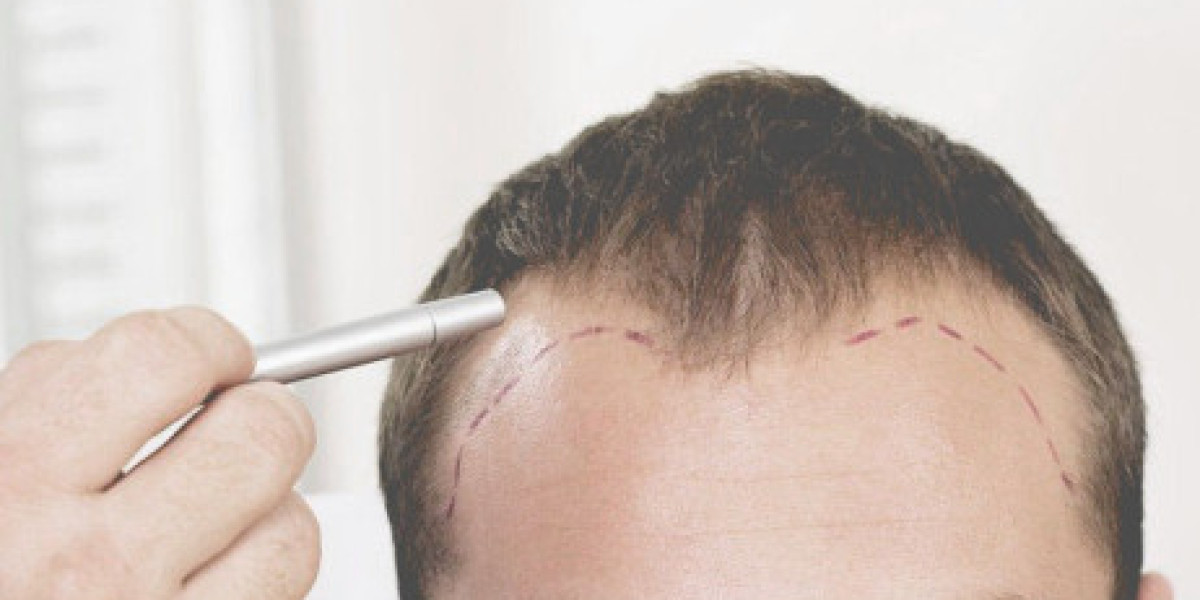Pregnancy is a remarkable journey filled with numerous physical changes, including fluctuations in hair health. Many women experience a significant increase in hair fullness and shine during pregnancy due to hormonal changes, particularly elevated levels of estrogen. However, this phase can often be followed by postpartum hair loss, a distressing condition that affects many new mothers. This article will explore the causes of Hair Loss Treatments in OMAN after pregnancy, effective treatments, and valuable recovery tips.
Understanding Postpartum Hair Loss
Causes of Hair Loss After Pregnancy
Postpartum hair loss, also known as telogen effluvium, typically occurs two to six months after giving birth. The primary cause is a dramatic shift in hormone levels. During pregnancy, high estrogen levels prolong the growth phase of hair, resulting in fuller locks. After childbirth, estrogen levels drop, and many hair follicles simultaneously enter the shedding phase, leading to noticeable hair loss.
Other contributing factors to postpartum hair loss include:
- Stress: The emotional and physical stress of childbirth and adjusting to motherhood can lead to increased hair shedding.
- Nutritional Deficiencies: Pregnancy depletes the body of essential nutrients, and if a new mother does not replenish these through diet or supplements, it may contribute to hair loss.
- Medical Conditions: Thyroid imbalances and other underlying health issues can exacerbate hair loss after pregnancy.
When Does Postpartum Hair Loss Occur?
Postpartum hair loss generally begins around three to six months after giving birth and can last for several months. Most women notice a significant increase in hair shedding when brushing or washing their hair. While alarming, this condition is usually temporary, and hair often regrows within six to twelve months.
Treatments for Postpartum Hair Loss
While postpartum hair loss is typically temporary, several treatments and strategies can help manage the condition and promote hair regrowth.
1. Consult a Healthcare Professional
Before embarking on any treatment plan, it's crucial for new mothers to consult a healthcare provider, especially if hair loss is severe or accompanied by other symptoms. A doctor can help identify any underlying medical conditions, such as thyroid issues or anemia, that may contribute to hair loss.
2. Nutritional Support
Maintaining a balanced diet rich in essential nutrients is vital for hair health. Key nutrients include:
- Protein: Hair is primarily made of protein (keratin). Including lean meats, fish, eggs, dairy products, legumes, and nuts can support hair growth.
- Iron: Deficiencies in iron can lead to hair thinning. Incorporating iron-rich foods like spinach, red meat, lentils, and fortified cereals can help.
- Vitamins: Vitamins A, C, D, E, and B vitamins (especially biotin) are crucial for hair health. Foods like fruits, vegetables, whole grains, and dairy can provide these vitamins.
- Omega-3 Fatty Acids: Found in fatty fish, walnuts, and flaxseeds, omega-3 fatty acids support overall hair health and may help reduce inflammation.
Consider consulting a registered dietitian to create a personalized meal plan that meets nutritional needs during the postpartum period.
3. Supplements
In addition to a balanced diet, certain supplements may support hair health:
- Biotin: Often recommended for hair growth, biotin is a B vitamin that can help improve hair strength and thickness.
- Iron and Zinc: If deficiencies are identified, supplements may be necessary to restore optimal levels.
- Multivitamins: A good quality multivitamin designed for postpartum women can help fill nutritional gaps.
It's essential to speak with a healthcare professional before starting any supplements, as excessive intake can lead to adverse effects.
4. Topical Treatments
Over-the-counter topical treatments containing minoxidil (Rogaine) can help stimulate hair growth and are considered safe for use during the postpartum period. However, it is essential to consult a healthcare provider before starting any medication.
5. Hair Care Practices
Adopting gentle hair care practices can minimize further damage and promote healthy regrowth:
- Avoid Heat Styling: Minimize the use of heat styling tools like hair dryers, straighteners, and curling irons, which can damage hair and contribute to breakage.
- Use Gentle Products: Opt for sulfate-free shampoos and conditioners that are less harsh on hair. Look for products formulated for thinning hair or those that promote volume.
- Limit Chemical Treatments: Avoid coloring, perming, or chemical straightening during the recovery period, as these processes can weaken hair.
6. Stress Management
Managing stress is crucial for overall health and can positively impact hair regrowth. Consider incorporating relaxation techniques such as:
- Yoga and Meditation: Both practices can help reduce stress and promote relaxation.
- Exercise: Regular physical activity can boost mood and overall well-being.
- Adequate Sleep: Aim for sufficient rest, as sleep deprivation can exacerbate stress and hair loss.
7. Scalp Massage
Regular scalp massages can improve blood circulation to hair follicles, promoting hair growth. Use gentle pressure with your fingertips in circular motions for a few minutes daily. This practice can be combined with natural oils such as coconut or jojoba oil for added nourishment.
8. Seek Support
Joining a support group for new mothers can be beneficial. Sharing experiences with others facing similar challenges can provide emotional support and practical advice. Many communities have local or online groups where mothers can connect and share tips on coping with postpartum changes.
Recovery Tips
While dealing with postpartum hair loss can be frustrating, there are ways to enhance recovery and promote a positive self-image during this period.
Be Patient: Understand that postpartum hair loss is temporary for most women. Hair regrowth takes time, so patience is essential.
Experiment with Hairstyles: Consider trying new hairstyles or haircuts that can help mask thinning areas. Shorter styles can often make hair appear fuller.
Focus on Skincare and Self-Care: Taking time for self-care can boost self-esteem. A skincare routine, regular exercise, and time for relaxation can contribute to an overall sense of well-being.
Educate Yourself: Knowledge about postpartum hair loss can reduce anxiety. Understanding the condition helps normalize the experience and reassures new mothers that they are not alone.
Celebrate Your Body: Pregnancy and childbirth are significant achievements. Focusing on the positive aspects of motherhood and the changes in your body can help cultivate a healthy self-image.
Conclusion
Hair loss after pregnancy is a common experience for many women, but it doesn't have to be a source of distress. By understanding the causes, exploring treatment options, and implementing effective recovery strategies, new mothers can navigate this phase with confidence. Remember, seeking professional guidance is crucial, as personalized care can lead to better outcomes. With patience and self-care, most women will see their hair return to its normal growth cycle within months, allowing them to embrace the beautiful changes of motherhood.








